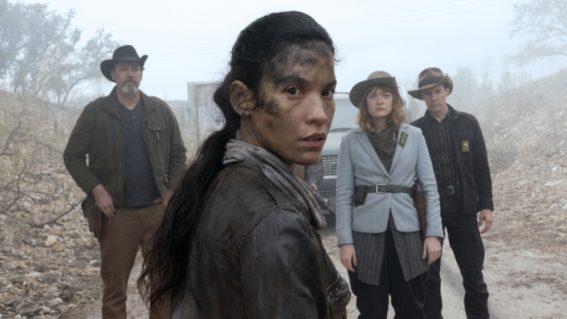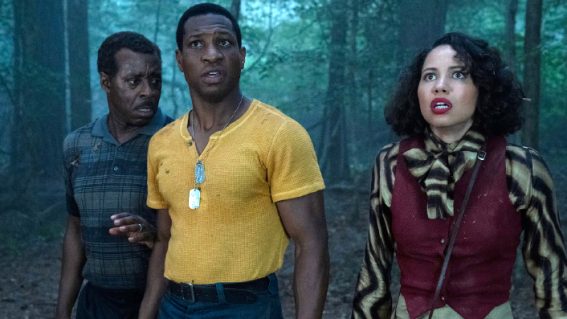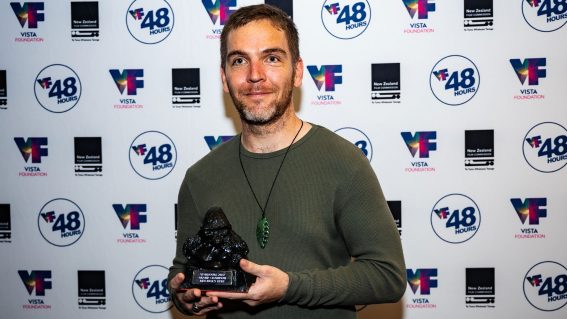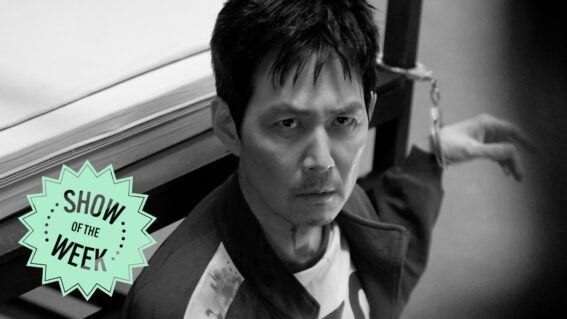Here’s why Midsommar is the perfect post-lockdown movie
Sun-drenched pagan horror is the perfect exercise in catharsis.
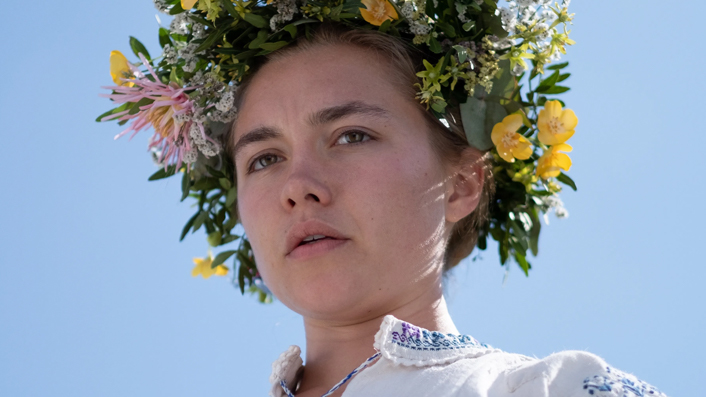
Last year’s folk-horror Midsommar was one of our faves of 2019, and its subsequent expanded director’s cut (streaming now on Neon) offered even more sun-drenched culty horror vibes. As Katie Parker writes, it’s the ideal viewing as we emerge into a brave new world, potentially filled with murderous rage at those we’ve been cooped up with. If you haven’t seen Midsommar (tsk tsk), some spoilers lay ahead.
If you, like me, have spent the last two months searching for the perfect lockdown movie, then you too may have discovered what a surprisingly difficult task this is. I’ve watched horrible Netflix comedies, “prescient” dystopian thrillers, acclaimed three-hour Russian classics. I watched the movie Quarantine because people kept saying the word quarantine.
See also
* All new movies & series on Neon
* All new streaming movies & series
* The best drama films of last decade
All, of course, were great! Yet somehow, in these seemingly ideal home cinema conditions, the perfect watch has weirdly but predictably eluded me.
What came next, as all malcontentish people will understand, was obvious: the minute they announced level 2 I thought of the perfect post-lockdown movie: Midsommar.
Released last year to widespread acclaim and memeing, the follow up to director Ari Aster’s debut feature Hereditary was an instant horror classic—and the perfect exercise in catharsis as we all finally burst our bubbles and reemerge in society.
Focusing once again on grief and family trauma, in Midsommar Aster takes all the ideal horror components—a group of cocky young people, weird pagan ceremonies, sinister, happy Swedes—and turns them on their heads to delicious effect.
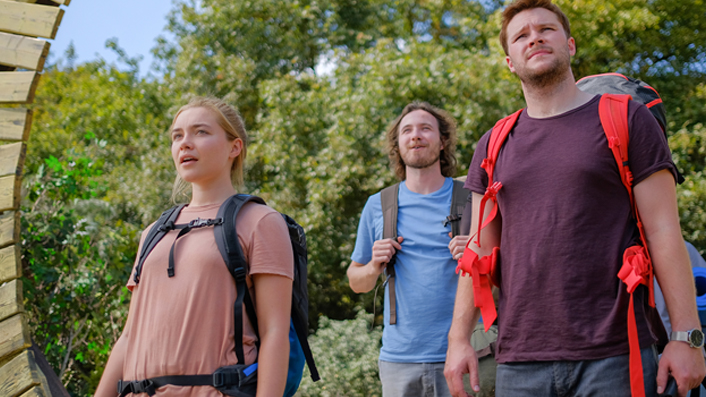
Centring on the most terrifying yet unexplored horror trope imaginable (tagging along unwanted on your bro-y boyfriend’s boys’ trip), Midsommar follows Dani, a young woman still very much in the throes of grief after a family tragedy, as she embarks on a very unpredictable trip to Sweden with her boyfriend Christian and his buddies.
Invited by friend and fellow archaeology student Pelle to stay on his family’s commune, known as the Harga, for the annual summer solstice festival, the group are ostensibly there for some good old ethnographic research. They are of course also there for the copious amounts of hallucinogenic drugs on offer—and soon find that they might be in for a bad trip.
Dani, brought along out of obligation by her long-term boyfriend, finds herself horrified but compelled by the brutal practices they witness—and goes on what could only be described as a transformative journey of self discovery!
Set in the Swedish summer, complete with 24/7 broad, glaring daylight, Midsommar is a stylistic horror nightmare told in constant stark, blazing brightness. Set against a purpose built, wacky commune village and featuring Kubrick-esque levels of mise-en-scene, Midsommar is super beautiful and super sinister—and, actually a lot of fun.
From the moment they arrive, it is clear that things are not going to go well for the loutish Americans at the eerily pleasant Swedish commune. Soon enough, their exploitative, disrespectful antics make it clear they’re done for—and Aster follows their squabbles over grad school theses and attempts to get laid with wry, caustic humour.
Dani meanwhile, unofficially ostracised by the group, finds herself nurtured by the commune. Where her group have dismissed or ignored her obvious distress, she finds that the Harga see her pain and respond to it like some kind of Greek chorus.
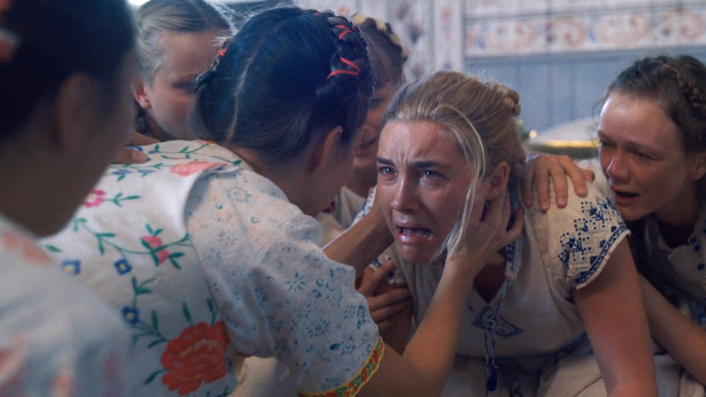
Like Hereditary, Midsommar is thick with dread—but rather than ghouls and gore, here that anticipation ends in a kind of perverse ecstasy, as Dani’s pain is stripped bare and exposed.
Aster has said that, while for most of the film’s characters Midsommar is a horror, for Dani it is more like a fairy tale. Where the rest of her party meet sticky endings, she prevails, finding not only release, but the family and acceptance she was previously denied—a family who experience grief not as individuals but as a community, and who accept it as just another part of life.
What you make of Dani’s journey, of course, will depend on how you interpret a lot of the other things going on in Midsommar—and there is so much fun to be had trying to figure out what exactly Aster is getting at.
Entering a pagan cult, populated entirely by white, Aryan Swedes dressed in pure white robes, the Americans are enchanted by the vision of total harmony and contentment that the Harga presents. Matriarchal in structure and clearly very harmonious, on the surface it is weirdly utopian, yet clearly something else is simmering just beneath the surface.
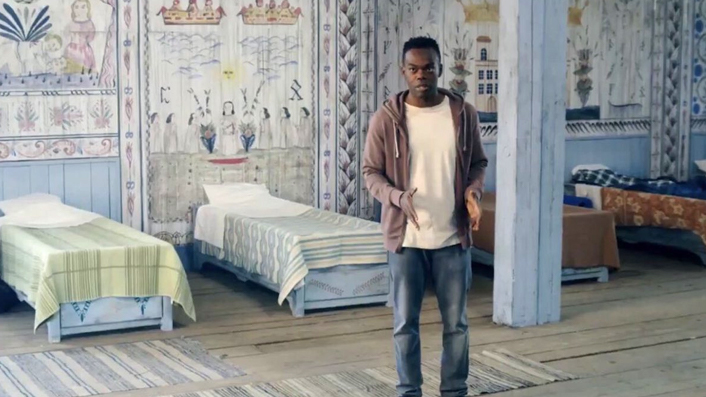
One by one, the people of colour who visit the commune, are picked off—clearly not desirable to the Harga for breeding or for initiating into their fold. By the film’s end, Dani has been wholeheartedly accepted by the Harga and her desperate need for kindness and support fulfilled—but does this make her the hero of the story? Or the ultimate white feminist, literally stepping over the bodies of people of colour to get what she wants?
Aster doesn’t have any easy answers—and whether you agree with the things that happen to Dani’s travelling companions, watching them unfold is a dizzyingly satisfying experience that makes the viewer almost as complicit as Dani.

Pugh, who is famous for dating Zach Braff but should actually be famous for this and Lady Macbeth, is phenomenal—as are the supporting cast (which is weirdly comprised mainly of Brits) who provide the perfect, infuriating foil to Dani’s descent into madness.
With obvious parallels to the OG crazy cult movie The Wicker Man, Midsommar is a meditation on madness, and weirdly one that is perfect for the digital age. As the Harga repeat and amplify Dani’s emotions back at her, they become bigger and more real for her, in a way that is uncannily similar to the way social media can act as an echo chamber and hive mind for us today. Tweet about your bad boyfriend and a cacophony of replies might tell you that he is terrible, toxic and totally evil. The tiny worries in the back of your mind are brought to the surface and exposed in horrific detail—and broadcast back to you in catastrophic clarity.
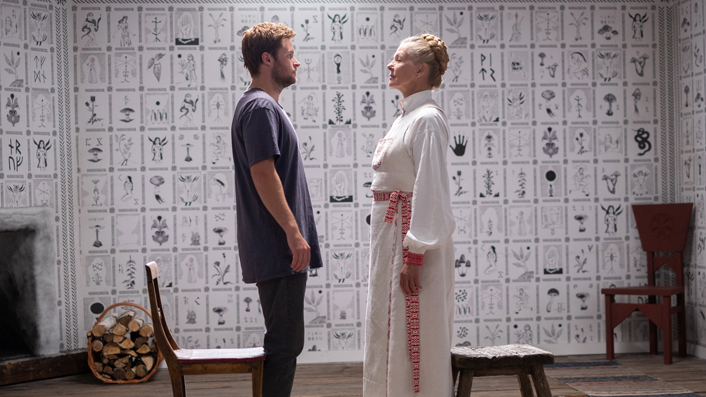
Christian isn’t a great boyfriend, but he’s not the worst boyfriend—and what happens to him spirals out of the sense of hysteria created as Dani’s emotions finally, dramatically surface.
For anyone who has spent the last two months hunkering down at home with only their family, partner, or flatmates for company (ie. bloody everyone), the temptation to murder your loved ones may be more pressing than usual—and we may also have been using our digital social networks to attempt to understand those feelings (see: everyone wanting to kill the giant baby).
As we reemerge into our brave new world, still unable to get within a metre of strangers and sanitising everything in sight, Midsommar is the perfect reprieve. It’s a funny, fascinating and freeing trip, that will release your murderous rage and ready you for dealing with other people once again.






